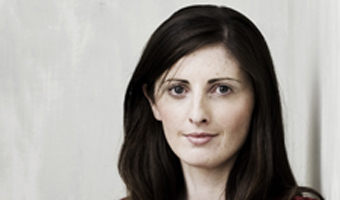The Contemporary History Institute Lecture Series presents Dr. Sandra Scanlon on “’Popular Parades, Conservative Memory and the Political Uses of the Vietnam War” on Feb. 8 at 4:30 p.m. in Baker 242.
After 1975, conservatives who had championed United States engagement in Southeast Asia tried to establish a popular interpretation of the Vietnam War that would justify their wartime position and enhance their position in the Republican Party. This paper explores the varied nature of pro-war demonstrations during the Vietnam War and examines conservatives’ remembering of the conflict. It discusses the function of these varied remembrances in the cultural and political debates regarding foreign policy in the run up to the 1980 presidential election, and characterizes how differences between social and intellectual conservatives revealed the extent to which the Vietnam experiences altered the trajectory of the conservative movement.

Dr. Sandra Scanlon
Dr. Scanlon is a lecturer in American history in the University College Dublin School of History and Archives. Her research focuses on American political culture and its relationship with U.S. foreign policy during the Cold War. She explores the intersection between political movements, most notably conservative activism, and developments in foreign policy ideologies.
Her first book, The Pro-War Movement: Domestic Support for the Vietnam War and the Making of Modern American Conservatism, was published by the University of Massachusetts Press in 2013. Scanlon also is interested in transatlantic relations during the Cold War and has co-edited a collection of essays, Reform and Renewal: Transatlantic Relations during the 1960s and 1970s (Cambridge Scholars Publishing, 2009).
Scanlon completed bachelor’s and master’s degrees at University College Dublin and earned a doctorate from Cambridge University, where she was the recipient of a Gates Cambridge Scholarship. She has since lectured and held fellowships at Oxford University, the University of Sheffield, University College Dublin, most recently, at the London School of Economics. During 2013 she was a Fulbright Scholar at Emory University and is now working on a study of the conservative movement and Africa during the Cold War .
This event is free and open to the public.



















Comments